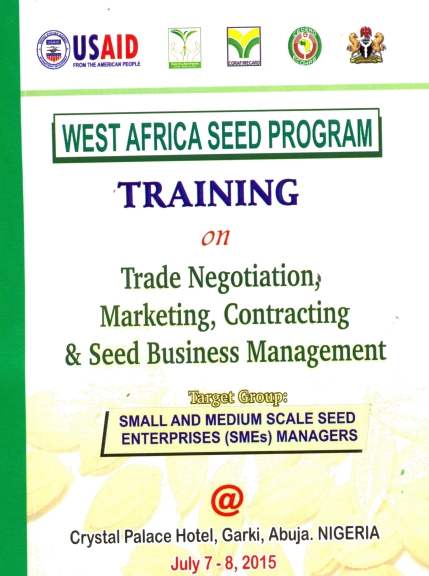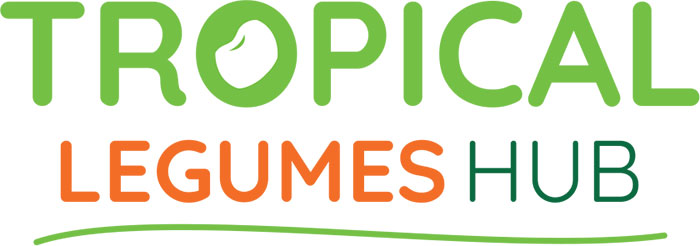Training manual on ‘Trade negotiation, marketing, contracting and seed business management’ for small and medium scale seed enterprise managers
Summary
To feed the world’s growing population, agriculture will need to double production to meet growing demand for food, feed, and fiber, through incremental outputs that will come from increases in yields. Quality seed is the most important factor for increased crop production. In order to achieve an increase in productivity, high-quality seed is needed for maximum outputs and good returns for farmers. The global seed market was worth approximately $47 billion in 2012, with $9.9 billion of that total being internationally traded. Nigeria’s domestic seed market in 2012 accounted for $120 million. To strengthen the seed sector, it is crucial that seed growers and companies adhere to policies that guarantee quality standards and appropriate regulatory features. Thus, a number of local, national and international organizations, conventions, and treaties deal with the regulation of seed trade, ranging from the production to the delivery of quality seeds to growers. This provides an international regulatory framework that will oversee the interests of breeders, producers, and consumers, e.g. the ECOWAS seed regulatory policy. This paper presents several insights into international and local institutions for seed trade promotion and advertising, and seed import and export procedures. It also provides a guide to facilitate participation in agricultural fairs and exhibitions.
Open resource Download resource Access resource on external site

